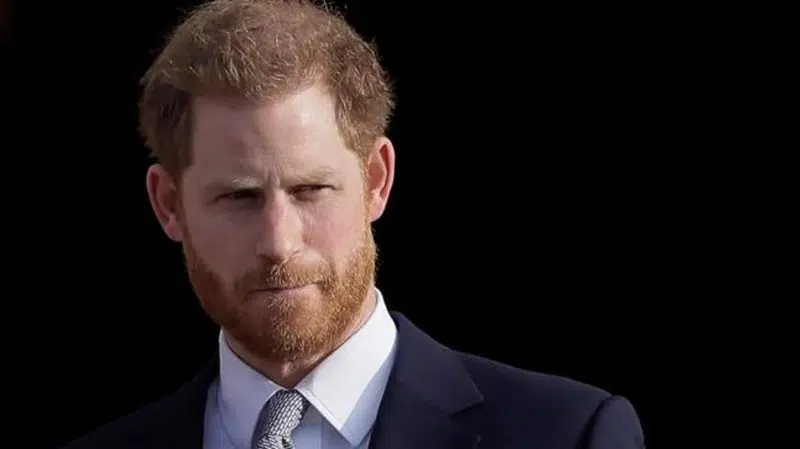
Quebec professors appeal to Supreme Court ruling on succession to British throne
MONTREAL — While Prince Harry is shaking up the British monarchy, Canada’s Supreme Court is being asked to throw out a law that modified the rules governing succession to the throne.
Two Quebec university professors have asked the country’s highest court to hear their appeal of a ruling issued last October by the province’s Court of Appeal.
In its judgement, the appeal court refused to declare unconstitutional a 2013 Canadian law modifying the rules governing who gets to be named King or Queen of the United Kingdom.
Laval University professors Patrick Taillon et Genevieve Motard filed their application at the end of December.
